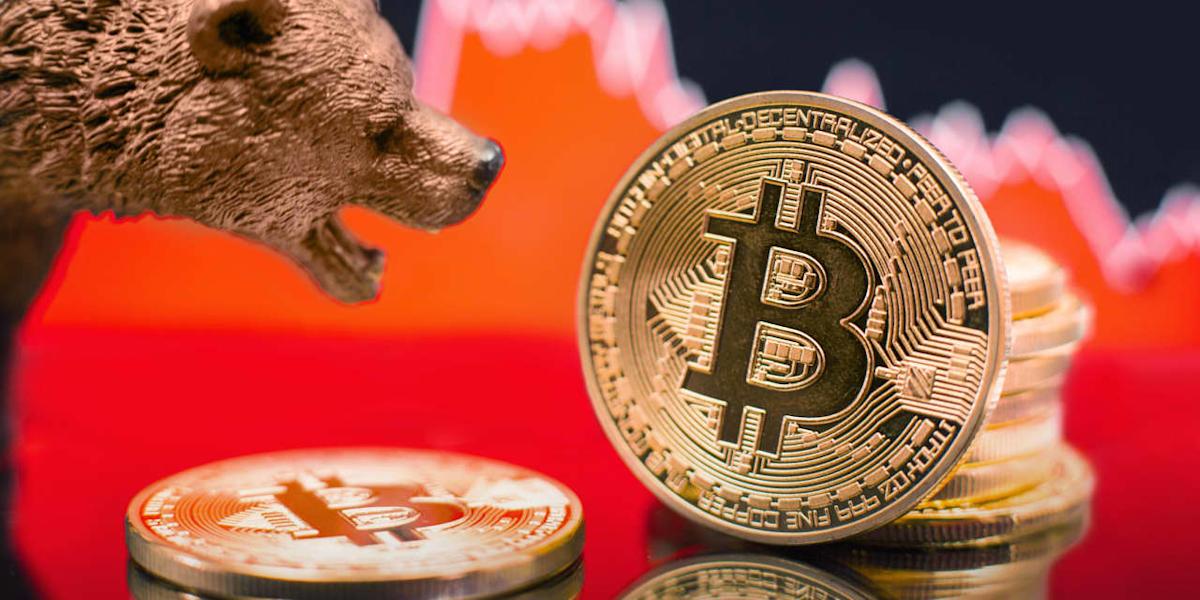Bitcoin isn’t what you think it is
If you want to see a scary bitcoin chart, don’t just look at one showing the cryptocurrency’s recent price collapse. Look at the one below instead. It may scare you even more.
It’s a chart, created using Portfolio Visualizer, that shows the monthly performance since Jan. 1, 2023, of competing $10,000 investments in bitcoin and in the ProShares UltraPro QQQ ETF TQQQ. The latter is a highly leveraged exchange-traded fund that uses derivatives to give you — for better or worse — three times the daily performance of the technology-dominated Nasdaq-100 index NDX.
If the Nasdaq-100 goes up 1%, TQQQ aims to go up 3%. If the Nasdaq index goes down 1%, TQQQ aims to go down 3%.
What is apparent from the chart is that the two lines are pretty much the same. There’s some variation from month to month, but for nearly three years the investor’s returns from bitcoin have been much the same as they would have gotten from this high-octane, high-risk bet on the leading index of tech shares.
This is a huge blow to the idea that bitcoin is somehow something different, a supposedly uncorrelated asset that may help diversify your portfolio by sometimes zigging when everything else zags.
It’s actually become just another way to bet on the frenzy for technology and artificial-intelligence stocks. The period in our chart pretty much coincides with the period since ChatGPT’s launch sparked the AI mania. In January 2024, the first ETFs were launched that allowed investors to buy bitcoin and other cryptocurrencies in ordinary investment accounts, including IRAs.
The launch of those ETFs has fundamentally changed the entire bitcoin market, tying the fake currency’s price much more closely to the rest of the market because, increasingly, its investor base is the same.
“Since the introduction of [these] ETFs, crypto returns now move in tandem with the U.S. market returns, eliminating the original benefits to crypto diversification,” Irene Aldridge and Wenke Du of Cornell University wrote in a recent research paper.
And Samuel Rosen and Hongcheng Wang at Temple University calculate that, since early 2024, bitcoin has been behaving increasingly like a small-cap stock.
None of this necessarily makes bitcoin a bad investment. (Although as ever, I am waiting eagerly for someone to explain to me what it’s actually for.) But it does raise the question of how it adds value to your portfolio compared with, say, high-tech stocks or small-cap stocks or even call options on the Nasdaq.



Leave a Comment
Your email address will not be published. Required fields are marked *